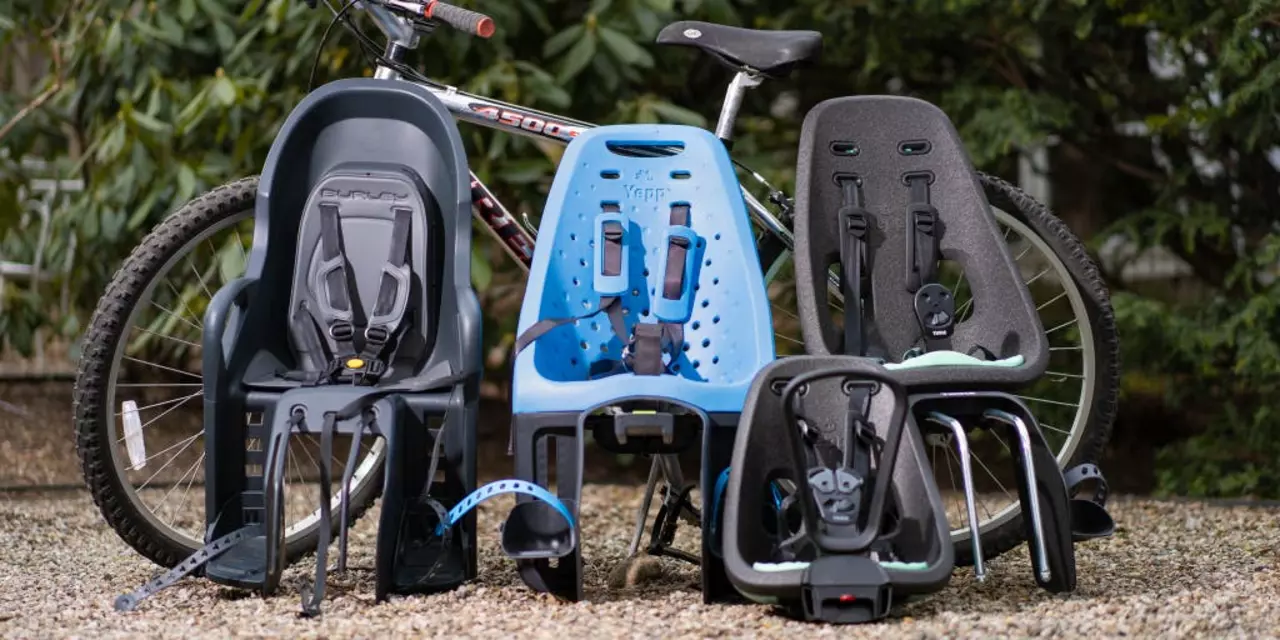SEARCH
Mountain Bike Basics: What Every Rider Should Know
If you’re new to the mountain bike scene or just looking to sharpen your skills, you’re in the right place. Riding off‑road is all about the right bike, the right gear, and the right mindset. Below you’ll find straight‑forward tips that help you pick a bike, stay safe, and keep your rig running smooth.
Choosing the Right Mountain Bike
First thing’s first – the bike itself. Don’t get lost in the jargon; focus on three core things: frame size, suspension type, and wheel size.
Frame size. Sit on a few bikes at a shop and make sure there’s a slight bend in your knee when the pedal is at its lowest point. Too big and you’ll feel stretched; too small and you’ll be cramped.
Suspension. Hard‑tail bikes have a front fork only – they’re lighter and cheaper, perfect for beginner trails and cross‑country rides. Full‑suspension models add rear shock, giving you more control on rough descents but costing more.
Wheel size. 27.5" wheels strike a balance between speed and maneuverability, while 29" wheels roll over obstacles easier. If you’re into tight, twisty woods, 27.5" might feel nimbler.
Once you’ve nailed the basics, think about the components that match your budget – a decent drivetrain, reliable brakes, and a sturdy saddle. You don’t need the most expensive parts to have a fun ride.
Staying Safe on the Trail
Mountain biking is thrilling, but it can get risky if you’re not prepared. Here’s a quick safety checklist:
- Helmet first. A well‑fitting helmet is non‑negotiable. It saves your head when a rock or branch catches you off guard.
- Eye protection. Sunglasses or clear lenses keep debris out of your eyes and improve visibility.
- Gloves. They give you better grip and protect your palms on rough surfaces.
- Know the trail. Scan the map, read the signs, and start with easier loops until you get the feel of the terrain.
- Ride within your limits. Push a little, but don’t attempt a technical drop if you haven’t practiced similar moves.
When you encounter obstacles, use body positioning to stay balanced – low center of gravity, elbows out, and eyes looking ahead, not down at the wheel. If you’re unsure about a feature, ride around it and come back later when you’re more confident.
Finally, keep your bike in good shape. Check tire pressure before each ride, clean the drivetrain after muddy sessions, and give the brakes a quick squeeze to ensure they’re responsive. A well‑maintained bike feels more predictable, which directly translates to safer riding.
That’s the core of mountain biking for most riders: pick a bike that fits, gear up smart, and respect the trail. With these basics, you’ll spend more time enjoying the descent and less time worrying about crashes or breakdowns. Grab your bike, hit a local trail, and see how quickly you improve. Happy riding!"

Is a mountain bike safer than a cruiser bike?
Mountain bikes and cruiser bikes provide two different riding experiences, but what about safety? When it comes to safety, mountain bikes may have an edge. Mountain bikes are generally more durable and better suited for off-road terrain, with features like wider tires and shock-absorbing suspension systems that can help protect riders from falls. Additionally, mountain bikes are designed to be more responsive and easier to control than cruiser bikes, making them a better option for riders who want better control and stability. Ultimately, it's up to each individual rider to decide which type of bike they feel most comfortable with, but mountain bikes may offer a safer ride.
Continue reading